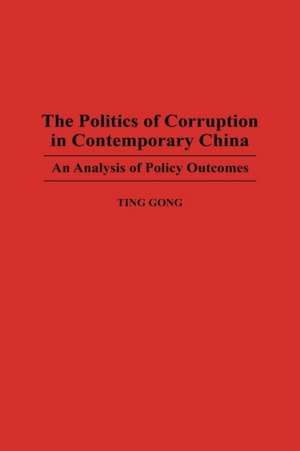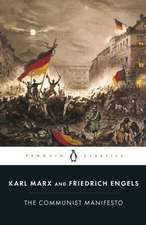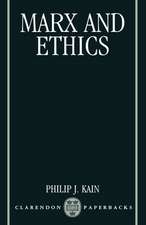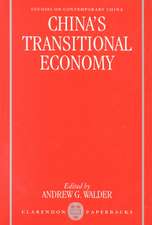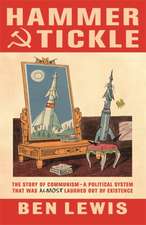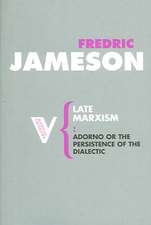The Politics of Corruption in Contemporary China: An Analysis of Policy Outcomes
Autor Ting Gongen Limba Engleză Hardback – 27 feb 1994 – vârsta până la 17 ani
Preț: 437.24 lei
Preț vechi: 603.91 lei
-28% Nou
Puncte Express: 656
Preț estimativ în valută:
83.68€ • 87.04$ • 69.08£
83.68€ • 87.04$ • 69.08£
Carte tipărită la comandă
Livrare economică 14-28 aprilie
Preluare comenzi: 021 569.72.76
Specificații
ISBN-13: 9780275946890
ISBN-10: 0275946894
Pagini: 216
Dimensiuni: 156 x 235 x 16 mm
Greutate: 0.49 kg
Ediția:New.
Editura: Bloomsbury Publishing
Colecția Praeger
Locul publicării:New York, United States
ISBN-10: 0275946894
Pagini: 216
Dimensiuni: 156 x 235 x 16 mm
Greutate: 0.49 kg
Ediția:New.
Editura: Bloomsbury Publishing
Colecția Praeger
Locul publicării:New York, United States
Notă biografică
TING GONG is an Assistant Professor of Political Science at Ramapo College of New Jersey. She holds advanced degrees from Fudan University in China and Syracuse University.
Cuprins
Tables and FiguresPrefaceAbbreviationsIntroductionTheoryRethinking the Definition of CorruptionContending Approaches to CorruptionA Methodological Alternative: The Policy Outcomes PerspectiveHistoryCorruption in China: A Legacy?Transformation and the Three and Five Anti's CampaignConsolidation and the Socialist Education MovementTodayModernization and Its Organizational CorollariesCorruption as Policy ConsequenceAnti-Corruption in the Reform ContextConclusionReferencesIndex
